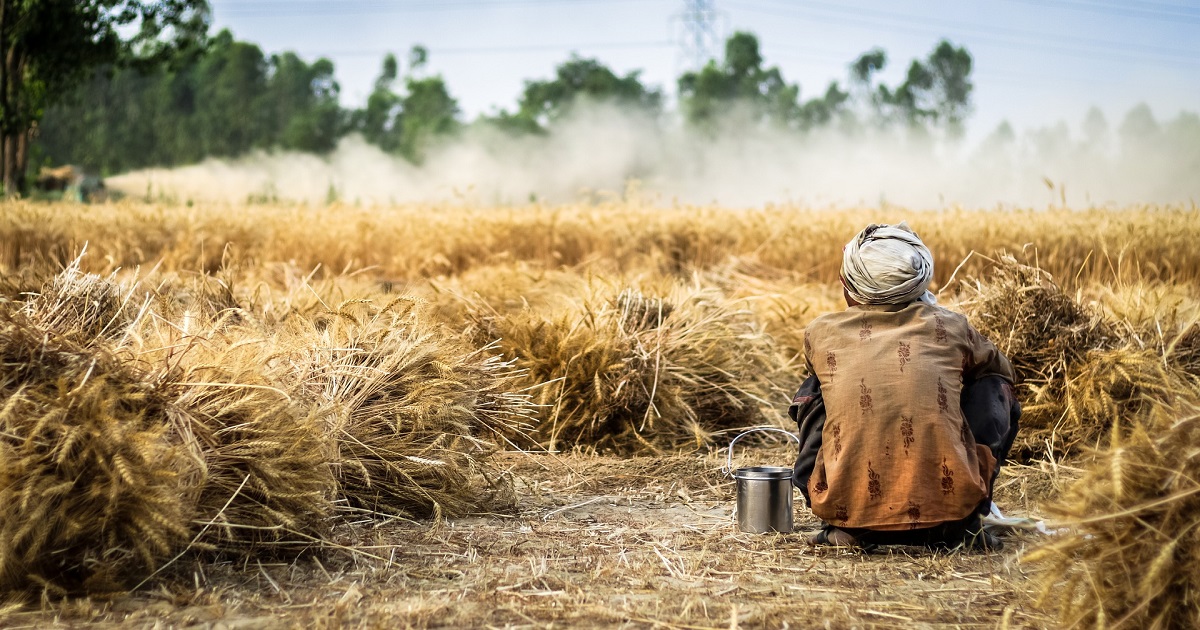Research on the Factors That Impact Farmer Behaviors and Decisions: From Socioeconomic Perspective
A special issue of World (ISSN 2673-4060).
Deadline for manuscript submissions: closed (31 July 2023) | Viewed by 9918

Special Issue Editors
2. Department of Family, Youth and Community Sciences, University of Florida, Gainesville, FL 32611-0310, USA
3. International Institute for Applied System Analysis, A-2361 Laxenburg, Austria
Interests: farmer decision making; innovation adoption; rural development; climate change adaptation; innovation; water management
Special Issues, Collections and Topics in MDPI journals
Interests: climate change adaptation; farmer desicion making; disaster risk reduction; environmental behavior
Special Issues, Collections and Topics in MDPI journals
Interests: sustainable agriculture; conflict management; rural development
2. Division Urban Plant Ecophysiology, Humboldt University of Berlin, 14195 Berlin, Germany
Interests: resource conflicts; social cohesion; adoption; co-design
Special Issues, Collections and Topics in MDPI journals
Special Issue Information
Dear Colleagues,
In the 21st century, environmental challenges are one of the most important and acute problems of human civilization, among which the agricultural sector, as one of the main beneficiaries of the environment, is one of the most challenging factors. Soil erosion, soil and water salinization, deforestation and increased greenhouse gas emissions have adverse effects on the environment. Evidence shows that most technical efforts have failed to effectively prevent the increasing degradation of the environment. Hence, many believe that the solution to environmental crises should be sought in changing human behavior and decision-making methods on earth. Therefore, changing behavior is very important to avoid these challenges. Farmers' behavior can be influenced by economic factors, various institutional mechanisms such as legal instruments, economic rewards, counseling and voluntary collective action, or individual factors. Socioeconomic background such as income, education and farm structure as well as psychological factors also have great influence on farmers' decisions to change their behavior.
Therefore, the purpose of this collection is to investigate the various socioeconomic variables and psychological factors affecting changes of behavior and farmers' decisions to reduce environmental degradation and lead them to proenvironmental behaviors.
In this Special Issue, original research articles and reviews are welcome. Research areas may include (but are not limited to) the following:
- Socioeconomic and psychological factors affecting farmers’ decision to adopt conservation agriculture.;
- Socioeconomic and psychological affecting farmers’ adaptation to climate change;
- Socioeconomic and psychological affecting farmers’ decision to adopt water conservation;
- Socioeconomic factors affecting decision making in farm management;
- Socioeconomic factors affecting farmers’ decision making in off-farm activities.
We look forward to receiving your contributions.
Dr. Masoud Yazdanpanah
Dr. Tahereh Zobeidi
Dr. Mostafa Ahmadvand
Dr. Katharina Löhr
Guest Editors
Manuscript Submission Information
Manuscripts should be submitted online at www.mdpi.com by registering and logging in to this website. Once you are registered, click here to go to the submission form. Manuscripts can be submitted until the deadline. All submissions that pass pre-check are peer-reviewed. Accepted papers will be published continuously in the journal (as soon as accepted) and will be listed together on the special issue website. Research articles, review articles as well as short communications are invited. For planned papers, a title and short abstract (about 100 words) can be sent to the Editorial Office for announcement on this website.
Submitted manuscripts should not have been published previously, nor be under consideration for publication elsewhere (except conference proceedings papers). All manuscripts are thoroughly refereed through a single-blind peer-review process. A guide for authors and other relevant information for submission of manuscripts is available on the Instructions for Authors page. World is an international peer-reviewed open access quarterly journal published by MDPI.
Please visit the Instructions for Authors page before submitting a manuscript. The Article Processing Charge (APC) for publication in this open access journal is 1000 CHF (Swiss Francs). Submitted papers should be well formatted and use good English. Authors may use MDPI's English editing service prior to publication or during author revisions.
Keywords
- climate change adaptation
- water management
- renewable energy
- low-carbon energy
- energy–environment nexus
- sustainable environment
- farm management
- environmental behavior







